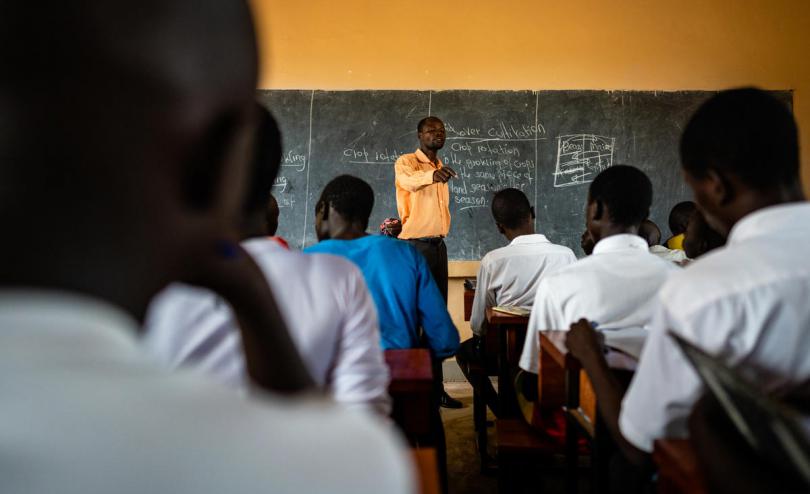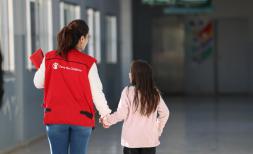COVID-19: Most marginalised children will bear the brunt of unprecedented school closures around the world

Governments and communities must act now to ensure that millions of vulnerable children do not lose out on their education as schools close their gates to try and contain the Coronavirus outbreak, warns Save the Children.
More than 120 countries have already introduced nation-wide school and university closures affecting nearly three-quarters of the world’s student population – an estimated 1.2 billion learners – according to UNESCO. That number is expected to rise as the Coronavirus looks set to spread further.
Save the Children calls on governments to urgently ensure appropriate care is available to children along with inclusive remote learning, recognizing school closures will hit the most marginalized children hardest. It’s also vital that governments support teachers and equip them with the skills to provide quality distance teaching.
The impact of school closures extends beyond disruption to education – they also carry other risks to marginalised children and children from low-income households, because many may rely on school meals to support their daily nutrition.
Gabriella Waaijman, Save the Children’s Global Humanitarian Director, said:
“We are facing an unprecedented situation. The number of children suddenly out of school or university is equivalent to the entire population of India. Hundreds of millions of students won’t be able to return to normal classes for months, possibly longer, with many important exams postponed or cancelled altogether.
“We know from experience that the longer children are out of school, the more likely it is they will never return, especially girls and those from low-income households. That’s why governments must put in place easy-to-use distance learning tools now, ensuring the technologies used aren’t excluding poor, disabled or marginalised children. We need to get creative. In communities with little or no access to the internet for example, radio programs can enable children to continue their learning.
“Now is the time for the world to pull together to protect the most at-risk children around the world, who are going to be hardest hit by this global crisis. These include homeless children, children in care and children who may be living alone without parents or caregivers. Disabled children may be further isolated or neglected if they can’t go to school while refugee and displaced children in temporary camps are even more vulnerable than they were before this crisis.
"As pressures mount on low income families, children may need to work to bolster family incomes, and girls especially may also face a disproportionate burden of caring for family members who contract the virus or taking care of younger children. If plans are not put in place urgently, some children run the risk of never returning to school at all.”
To support Save the Children’s global COVID-19 emergency appeal, click here.
Spokespeople are available. Contact: Media@savethechildren.org.uk




